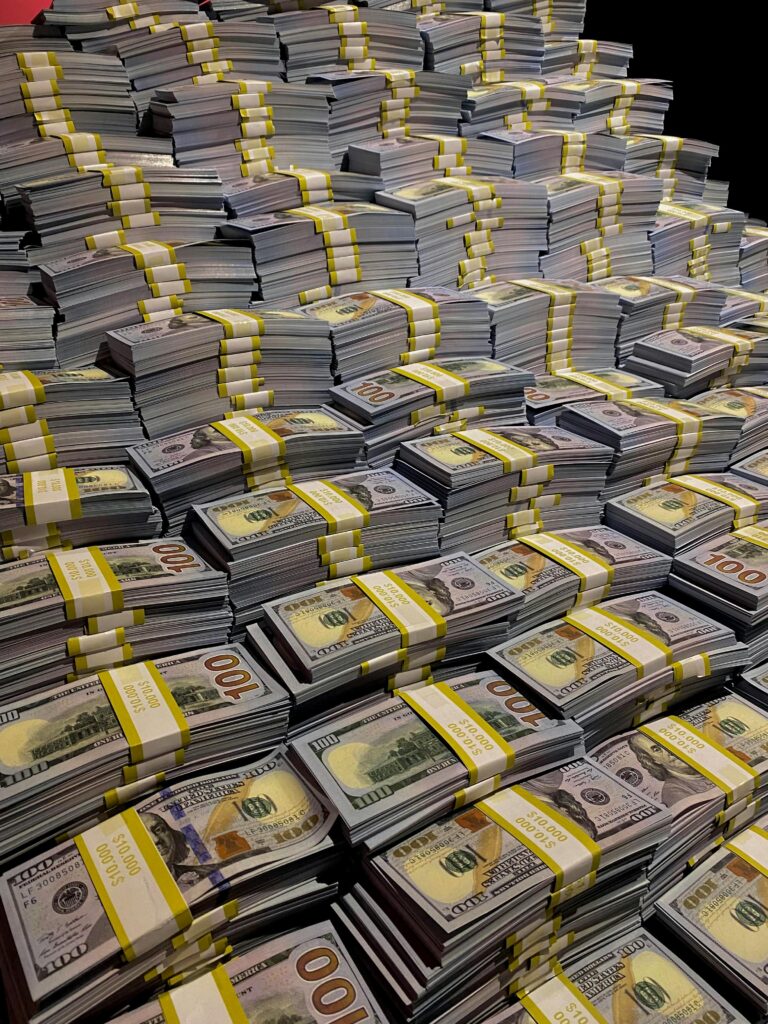Selfie-love in a selfie-centered world
by Mellissa Martinez
It is that time of year when those who generally pay little attention to words find themselves reacting to them. After all, everyone has an opinion when it comes to the Word of the Year. In this annual language pageant of sorts, the emerging winner can provoke discussion, debate and much buzz. Just this week there have been articles in the Los Angeles Times, the New York Times and Huffington Post singing the praises of or taking aim at this year’s landslide winner ‘selfie.’
According to officials at Oxford Dictionary, there was no competition. ‘Selfie’ was a “runaway winner.” Since this time last year, the use of this word has gone up 17,000 percent. Compared to former winners, ‘omnishambles,’ ‘squeezed middle,’ ‘refudiate’ and ‘unfriend,’ the term ‘selfie’ is enjoying unprecedented popularity. There is a selfie craze that has hit our nation. The Urban Dictionary has coined expressions like ‘selfie-control,’ “one who is able to control themselves when it comes to taking too many selfies,” and ‘selfie-conscious,’ “the immediate feeling of embarrassment one feels after posting a selfie on Facebook.” I would suggest that some people are simply addicted to capturing the moment. For these folks, an experience feels less true if it isn’t documented and shared immediately.
Despite the fact that the word hasn’t officially been accepted into the dictionary, the editors at Oxford define ‘selfie’ as a “photograph that one has taken of oneself, typically using a smartphone or webcam and uploaded to a social media website.” As the official story goes, the word first emerged from a man in Australia who took a fall and later posted a picture of his cut lip online to share with friends. He apologized for the blurry image, saying that it was a ‘selfie.’ For selfie, we can thank the Aussies for their habit of shortening words with –ie. In Australia, Christmas is ‘Chrissie,’ mosquito is ‘mozzie’ and barbeque is, of course, ‘barbie.’ Why shouldn’t a self-portrait be a ‘selfie’?
The selfie has come a long way since its early days. Now, we usually take advantage of our ability to perfect the photo before sharing it. Perhaps this is why selfies are getting such a bad rap; comments in newspapers and blogs include “what a self-absorbed world” and “how shallow.” It is virtually impossible to not be self-absorbed when working on the perfect selfie. Why put a bad picture online when selfies can be perfected on the spot? The temptation is just too great. If we don’t look perfect, simply delete and shoot again until we have caught ourselves looking as gloriously marvelous, mysterious, crazy or sexy as desired. In an instant, the picture goes online and our world image is enforced in the way we want it to be.
Back in the early days of selfies (when they were still called self-portraits), we set timers on film cameras or simply turned the camera on ourselves, pushed the shutter and hoped for the best. The photo emerged several days later from the lab with a version of what we looked like on that particular day. If we stood too far to the left or right, blinked, squinted or looked horrible, we were stuck with it. Perhaps the real distinction between an early self-portrait and a modern day selfie is precisely in the result. A self-portrait was honest, while a selfie is less so.
As a word person, I would like see us put our negative views aside and focus on the wonderfulness of the word. It is quite catchy and lends itself nicely to creative blends. People have already experimented with language by creating ‘welfie,’ a selfie taken at work, a ‘belfie’ taken of one’s backside, and ‘bookshelfie,’ which is posed in front of book collections. I couldn’t resist coming up with a few of my own twists on selfie-semantics: a ‘yellfie’ could be taken while yelling, a ‘cellfie’ when on the phone, a ‘motelfie’ while traveling and a ‘get wellfie’ when feeling down. And to end on a completely selfie-centered note, why not call all my future pics Mellfies? After all, it is all about me, right?










0 Comments